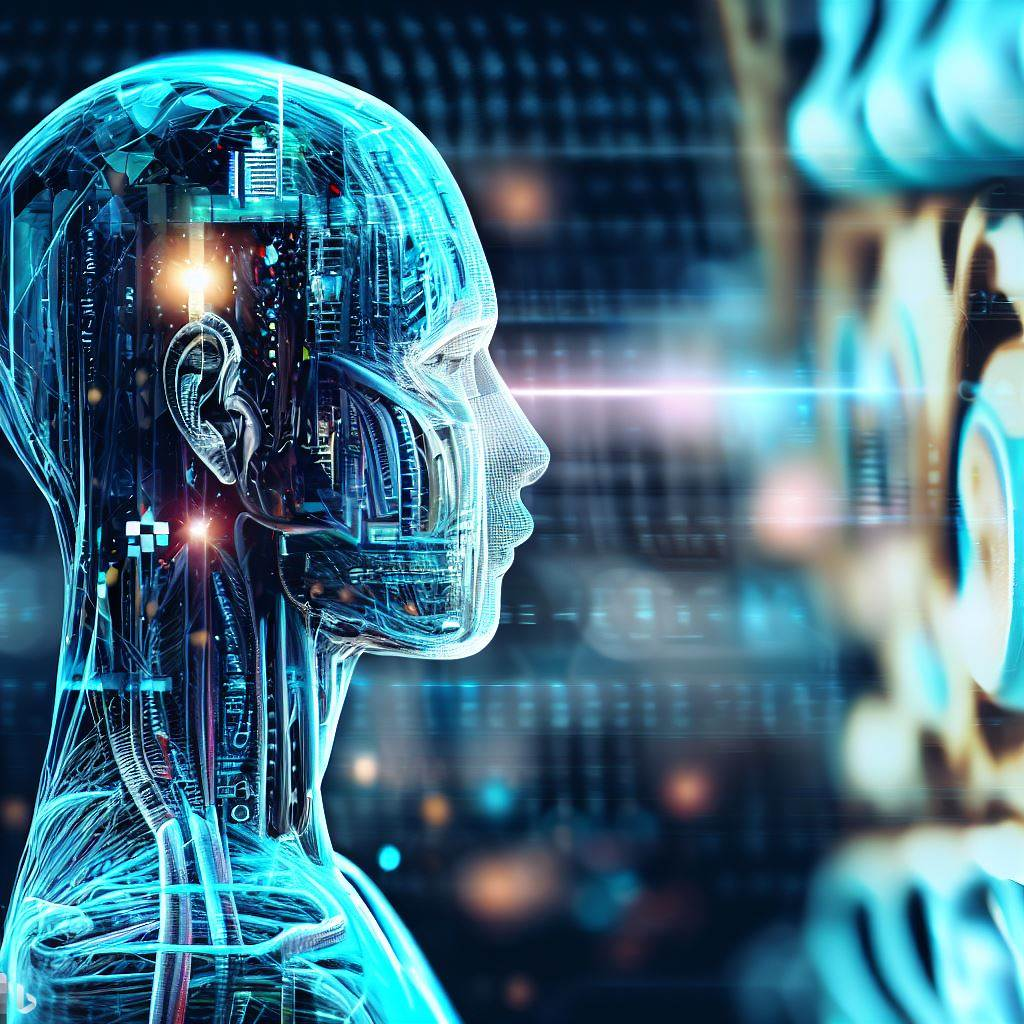
Imagine a world where healthcare is personalized, efficient, and innovative. A world where doctors can know more about their patients, make better decisions, and have more time. A world where patients can get better faster and have more say in their care. This is not a fantasy. This is the future of healthcare. And it is powered by two of the most promising fields in healthcare: AI (artificial intelligence) and precision medicine. Here are 5 ways they will change healthcare for the better:
- Doctors will know more about their patients: Precision medicine is based on the idea that each patient is unique. It takes into account factors such as genetics, lifestyle, and environment. By using precision medicine, doctors can tailor treatments to each patient’s needs and preferences. For example, precision medicine can help doctors choose the best drugs for cancer patients based on their genetic profile. According to a study by the National Cancer Institute, precision medicine can improve survival rates by 30% for some types of cancer.
- Doctors will make better decisions: AI can help doctors make better decisions by analyzing large amounts of data. It can also provide insights and recommendations based on the latest evidence and best practices. By using AI, doctors can improve the quality and efficiency of their care. For example, AI can help doctors diagnose diseases faster and more accurately by using image recognition and natural language processing. According to a report by McKinsey, AI can reduce diagnostic errors by up to 50% and save up to $300 billion per year in healthcare costs.
- Healthcare will get better in many ways: Precision medicine and AI will enable new discoveries and innovations in healthcare. They will help us understand more about the causes and mechanisms of diseases. They will also help us develop new therapies and interventions that are more effective and personalized. For example, precision medicine and AI can help us create new vaccines and treatments for infectious diseases such as COVID-19. According to a study by the World Health Organization, precision medicine and AI can prevent up to 10 million deaths per year from infectious diseases.
- Patients will get better faster: With precision medicine and AI, patients will benefit from more accurate diagnoses and more optimal treatments. This means they will have better outcomes and faster recovery. They will also have more control and involvement in their own care. For example, precision medicine and AI can help patients monitor their health conditions and manage their medications using wearable devices and mobile apps. According to a study by Accenture, precision medicine and AI can improve patient satisfaction by up to 80% and reduce hospital readmissions by up to 40%.
- Doctors will have more time: AI can help doctors save time by automating some of their tasks. This means they can focus more on their patients and less on paperwork. They will also have more time to learn and update their skills. For example, AI can help doctors write reports, schedule appointments, and order tests using voice assistants and chatbots. According to a study by PwC, AI can free up up to 50% of doctors’ time for more meaningful work.
To sum up, AI and precision medicine will change healthcare in a big way. They will help doctors know more about their patients, make better decisions, and have more time. They will also help patients get better faster and have more say in their care.
Join the conversation. We would love to hear from you!
